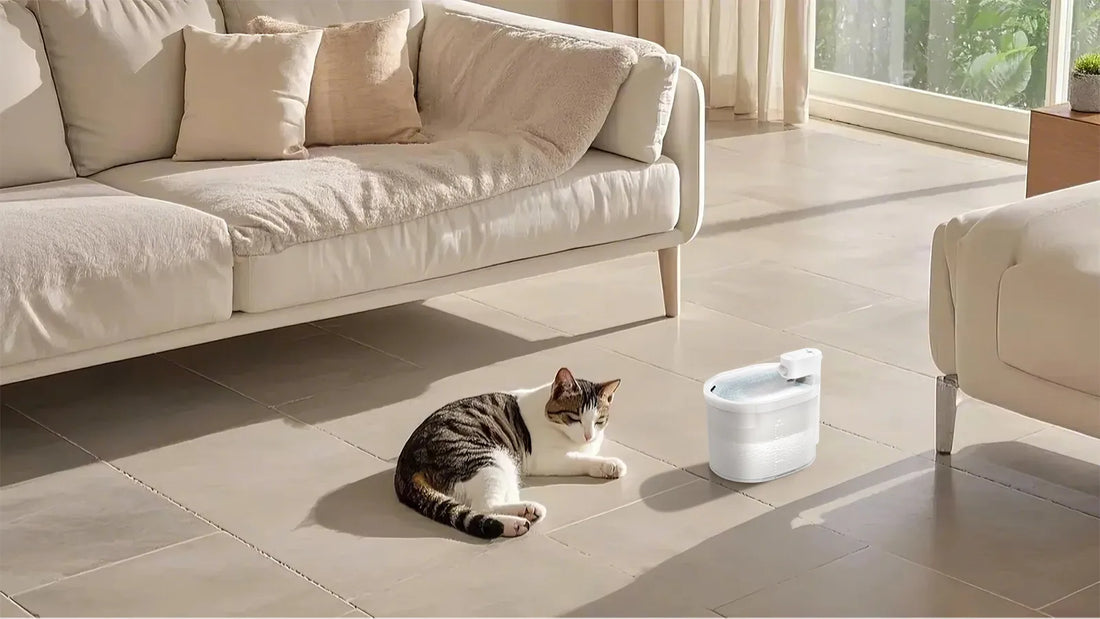If you've noticed your cat drinking a lot of water and losing weight, it's natural to feel concerned. These symptoms can be indicative of underlying health issues that require attention. While cats are known for their independent nature, changes in their behavior or physical condition should never be ignored. This article explores the possible causes, what to look for, and when to consult a veterinarian.
Understanding Normal Cat Behavior
Before diving into potential health concerns, it's essential to understand what constitutes normal behavior for a cat. Cats typically consume a moderate amount of water daily, depending on their diet. Those on a dry food diet may drink more water than those on a wet food diet. Similarly, weight fluctuations can occur, but sudden or significant weight loss is a red flag.
Common Causes of Excessive Thirst and Weight Loss
Several health conditions can cause a cat to drink more water and lose weight. Here are some of the most common:
Diabetes Mellitus
Diabetes is a condition where the body cannot regulate blood sugar levels effectively. Cats with diabetes often exhibit increased thirst and urination, along with weight loss despite a normal or increased appetite. If left untreated, diabetes can lead to severe complications.
Kidney Disease
Chronic kidney disease is prevalent in older cats. The kidneys lose their ability to concentrate urine, leading to increased water intake and urination. Weight loss, lethargy, and poor coat condition are also common symptoms.
Hyperthyroidism
Hyperthyroidism occurs when the thyroid gland produces excess hormones. This condition accelerates the cat's metabolism, causing weight loss, increased appetite, and excessive thirst. Hyperthyroidism is more common in middle-aged and older cats.
Liver Disease
Liver disease can manifest in various ways, including increased thirst and weight loss. Other symptoms may include jaundice, vomiting, and changes in behavior. Early diagnosis and treatment are crucial for managing liver conditions.
Infections
Certain infections, such as urinary tract infections or systemic infections, can lead to increased water consumption and weight loss. These infections often require prompt medical intervention to prevent complications.
When to Seek Veterinary Care
If your cat is drinking a lot of water and losing weight, it's essential to monitor their behavior closely. Look for additional symptoms such as changes in appetite, lethargy, vomiting, or diarrhea. Schedule a veterinary visit if these symptoms persist or worsen. Early diagnosis can significantly improve the prognosis for many conditions.
Diagnostic Tests and Treatment Options
Your veterinarian may recommend a series of diagnostic tests to determine the underlying cause of your cat's symptoms. These tests may include blood work, urine analysis, imaging studies, or specialized tests for specific conditions. Treatment will depend on the diagnosis and may involve dietary changes, medications, or other interventions.
Preventive Measures
While not all conditions can be prevented, there are steps you can take to support your cat's overall health. Provide a balanced diet, ensure access to fresh water, and schedule regular veterinary check-ups. Monitoring your cat's behavior and physical condition can help detect potential issues early.
Seeing your cat drink a lot of water and lose weight can be alarming, but understanding the potential causes and seeking timely veterinary care can make all the difference. Your cat's health and well-being depend on your vigilance and proactive approach. Don't hesitate to reach out to your veterinarian if you notice any concerning changes in your feline friend.

![[🎃Halloween Sale]UAHPET Stainless Steel Self-Cleaning Cat Litter Box](http://www.uahpet.com/cdn/shop/files/1-cat-litter-box.jpg?v=1759128420&width=1600)












